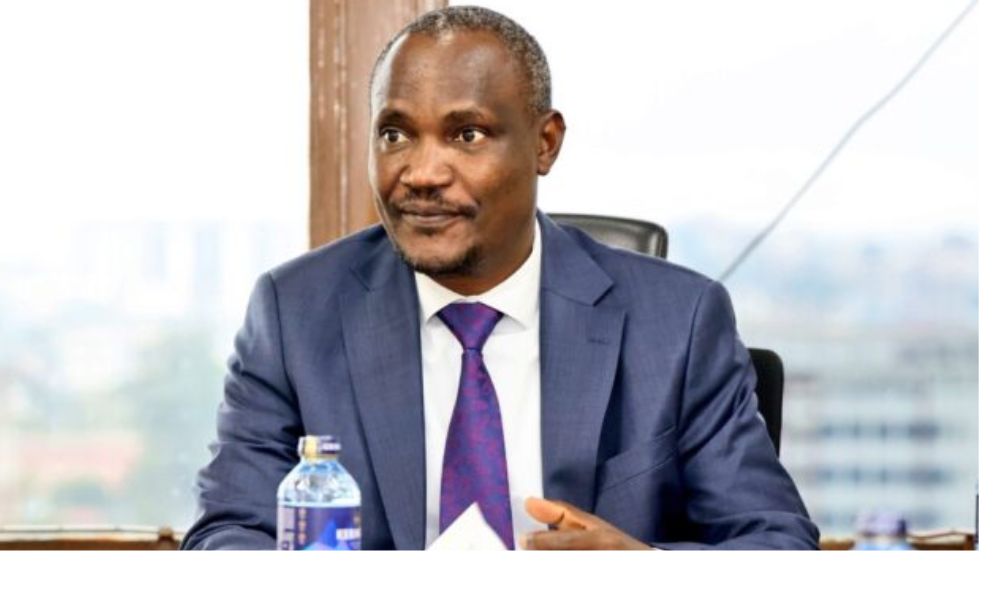Kenya to lose Ksh.52 billion over Trump’s funding freeze on USAID – CS Mbadi

Kenya to lose Ksh.52 billion over Trump's funding freeze on USAID - CS Mbadi
Treasury CS John Mbadi has revealed that US President Donald Trump’s decision to cut funding to the United States Agency for International Development (USAID) will create a Ksh.52 billion deficit in the Financial Year 2024/25.
Appearing before the Senate, the CS explained that the affected sectors include health, governance, education and food security.
In a breakdown, Ksh.2.8 billion would be invested in the education sector to train teachers, provide support to TVET institutions, provide scholarships, improve early grade literacy across public primary schools and support the Open University of Kenya.
The governance sector would have received Ksh1.1 billion to strengthen institutional capacity, support ongoing voter education for the 2027 elections, counter violence in coastal counties and support the government’s initiatives.
USAID would also have poured Ksh.16.5 billion for food security to strengthen systems in ASAL regions, provide food assistance to refugees in Dadaab and Kakuma, and invest in cooperatives and technology practices.
CS Mbadi pointed out that USAID support is not accounted for in the budget but provides extra support.
To address the funding gap crisis, the government will review the existing budget to prioritise critical areas.
Court extends orders blocking CJ Koome, Supreme Court Judges ouster bid
Government to conduct DNA tests on Kenyans giving birth abroad upon return – CS Mutua
Body of a missing woman found dumped in a borehole
Governor Kihika addresses reports of expired Ksh.2M drugs in Nakuru County Referral Hospital
Chaos in Nairobi as angry residents burn 2 police vehicles
Ruto issues directive to IEBC selection panel
Another temporary measure involved roping in development partners and private players to facilitate the gap.
Mbadi added that long-term measures would require Kenya to be self-reliant through a thriving economy.
This would involve enhancing agricultural transformation, supporting micro, small and medium businesses, supporting the digital superhighway and provision of affordable housing.
Other measures include reducing non-essential expenditure, automate procurement systems to increase transparency and roll out a zero-budgeting approach across all sectors.
“Even as we pursue these risk mitigation measures, we remain hopeful that we shall continue strengthening our bilateral ties with the U.S. notwithstanding of the outcome of the 90-day review on foreign aid,” Mbadi said.
Former UN employee found guilty of murder of his wife
UDA National Steering Committee set to ratify working arrangement with Raila
Activists file petition seek President Ruto ouster over abuse of power
Why I have joined the opposition coalition – Morara Kebaso
SHIF faces imminent collapse as funding crisis deepens
Auditor General raises red flag that Ksh.8B Hustler Fund could be lost
Follow us






